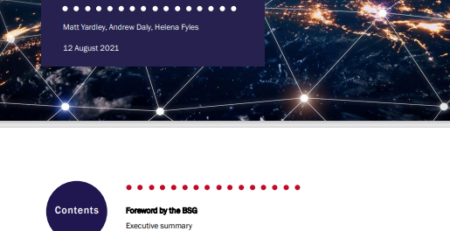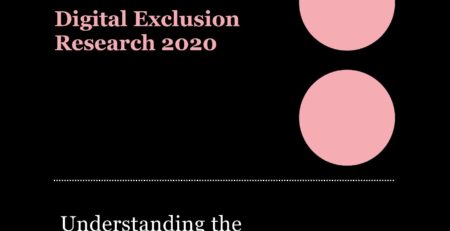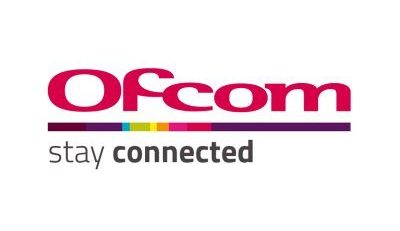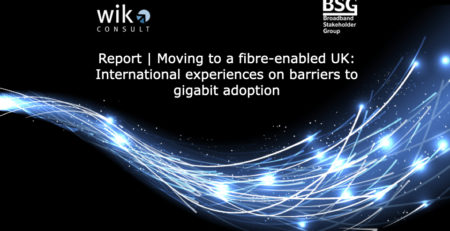ISPs launch Open Internet Code of Practice
Update, December 2014:
In the last quarter of 2014, EE, Vodafone and Virgin agreed to become signatories to the Open Internet Code. This is reflected in the list of signatories and contact details in Annex 1.
The updated version of the code can be found at: BSG – Open Internet Code of Practice amended November 2014.
Update, June 2013:
In July 2012, the Open Internet Code was published. The full press release relating to this launch is set out below.
In May 2013 this code was amended to:
- Clarify that signatories would not be infringing the code if they deployed content filtering or made available content filtering tools where appropriate for public wi-fi access
- Publish details of how the voluntary system in support of commitment 2, relating to negative discrimination would operate
This updated code can be accessed here.
Original post:
Today leading internet service providers (ISPs) are signing a voluntary code of practice in support of the open internet.
The code commits ISPs to the provision of full and open internet access products and confirms that traffic management practices will not be used to target and degrade the services of a competitor.
This initiative builds on the transparency code of practice published in 2011 which ensures that clear, understandable and comparable information on traffic management practices is available to consumers.
New commitments set out in the code confirm that signatories will:
- Ensure that full and open internet access products, with no blocked services, will be the norm within their portfolio of products.
- Provide greater transparency in instances where certain classes of legal content, applications and/or services are unavailable on a product. These products will not be marketed as “internet access??? and signatories will be obliged to ensure that any restrictions are clearly communicated to consumers.
- Not target and degrade the content or applications of specific providers.
Also, a new process is being established to allow content providers to raise potential cases of targeted and negative discrimination with ISPs. If they are not satisfactorily resolved, these issues will be lodged with the Broadband Stakeholder Group (BSG) who will share them with Ofcom and government.
The commitments in the code also align with recent UK and EU policy makers’ remarks on the open internet and net neutrality.
Ed Vaizey, the Minister for Culture, Communications and the Creative Industries said: “This voluntary agreement is great news for consumers. It marks a significant commitment from the leading ISPs to uphold the principles of an open internet and gives certainty to their customers. The internet has been built on openness and low barriers to entry, and this agreement will ensure that continues. By committing to transparency, these ISPs are empowering their customers to make informed decisions about the services they want.???
Pamela Learmonth, Chief Executive of the Broadband Stakeholder Group which facilitated the agreement, comments, “With this code ISPs are making practical, tangible commitments to the open internet. The open internet model has long supported the innovation of new services and allowed consumers to discover informative, useful and creative applications, services and content and this must continue. At the same time the code will also support an environment where new business models for internet-based services to the benefit of consumer choice can be developed.???
This code of practice reflects current good practice and formalises signatories’ commitment to the open internet. All of the signatories to this code offer full, open internet access across all of their current products. The code also confirms the ability of ISPs to explore managed services, a market development that Ofcom has committed to monitor. These voluntary commitments are made against a programme of formal monitoring and assessment that Ofcom has already stated that it will pursue in respect of the open internet.
Commenting on the code, Jean-Jacques Sahel, Director of EMEA Policy for Skype/Microsoft, said, “The innovation fostered by the open character of the Internet benefits us all, from ISPs to end-users. This is now recognized in this new Open Internet Code, which we welcome, whereby most major UK ISPs have committed to the open Internet and ‘no discrimination on the basis of commercial rivalry’. Together with Ofcom’s forthcoming annual report on the Open Internet, this Code is a crucial step towards ensuring that the Open Internet remains the norm in the UK and beyond, and that very soon, all remaining discriminations against end-users’ right to access the content of their choice on the Internet cease.???
James Heath, Policy Controller, BBC added: ”The open internet is a platform for innovation and growth. The commitments made by the signatory ISPs will help safeguard the ability of UK consumers to access the lawful content and services of their choice and also guard against negative discrimination. We therefore welcome the code as a positive step forward, alongside Ofcom’s commitment to monitor the development of this fast-moving market.”
Bob Warner, Communications Consumer Panel Chair, said: “The code usefully supports open access to the internet and builds on previous commitments by ISPs to provide transparent information to consumers about their traffic management policies. We look forward to other operators also signing up to the code shortly.???
The current signatories of the code are: BE, BT, BSkyB, KCOM, giffgaff, O2, Plusnet, TalkTalk, Tesco Mobile and Three.
Open Internet Code of Practice – 25 Jul 2012 (amended May 2013)
Launch of Open Internet Code of Practice – press release in full
Open Internet Code of Practice – 25 Jul 2012 (original without May 2013 amendments)





